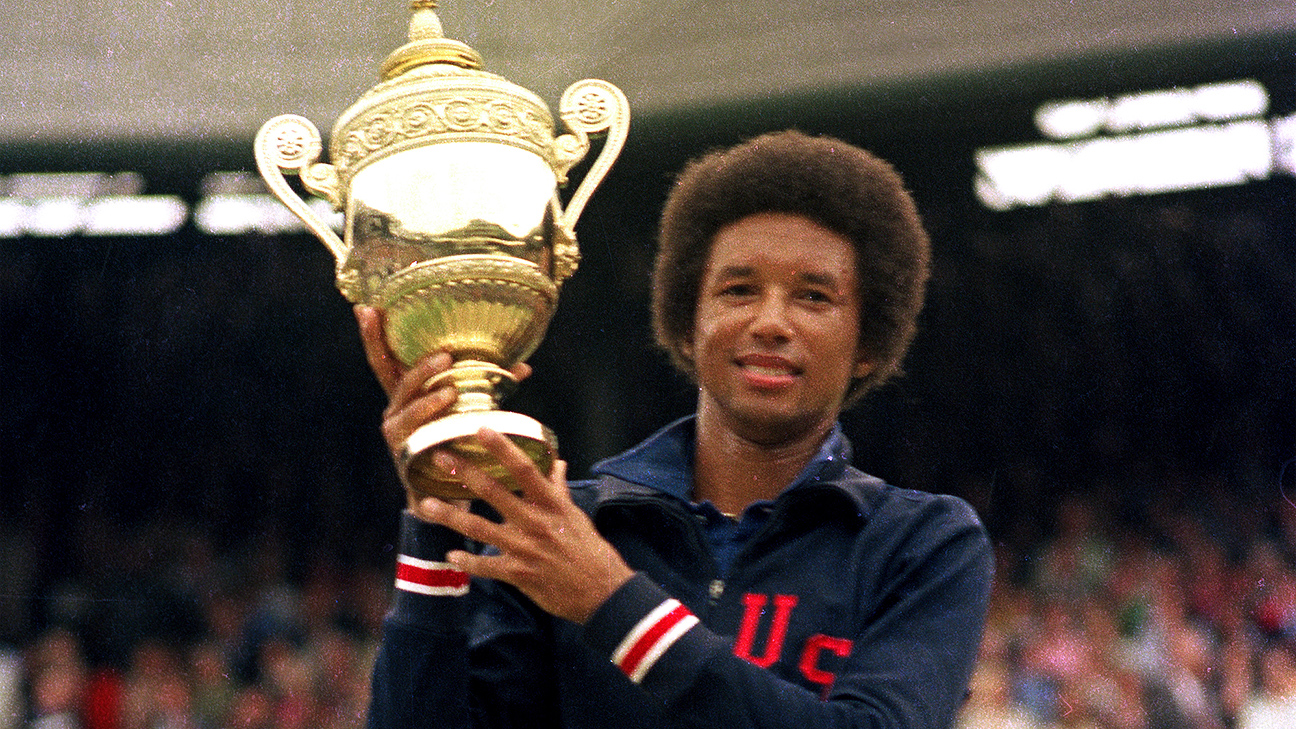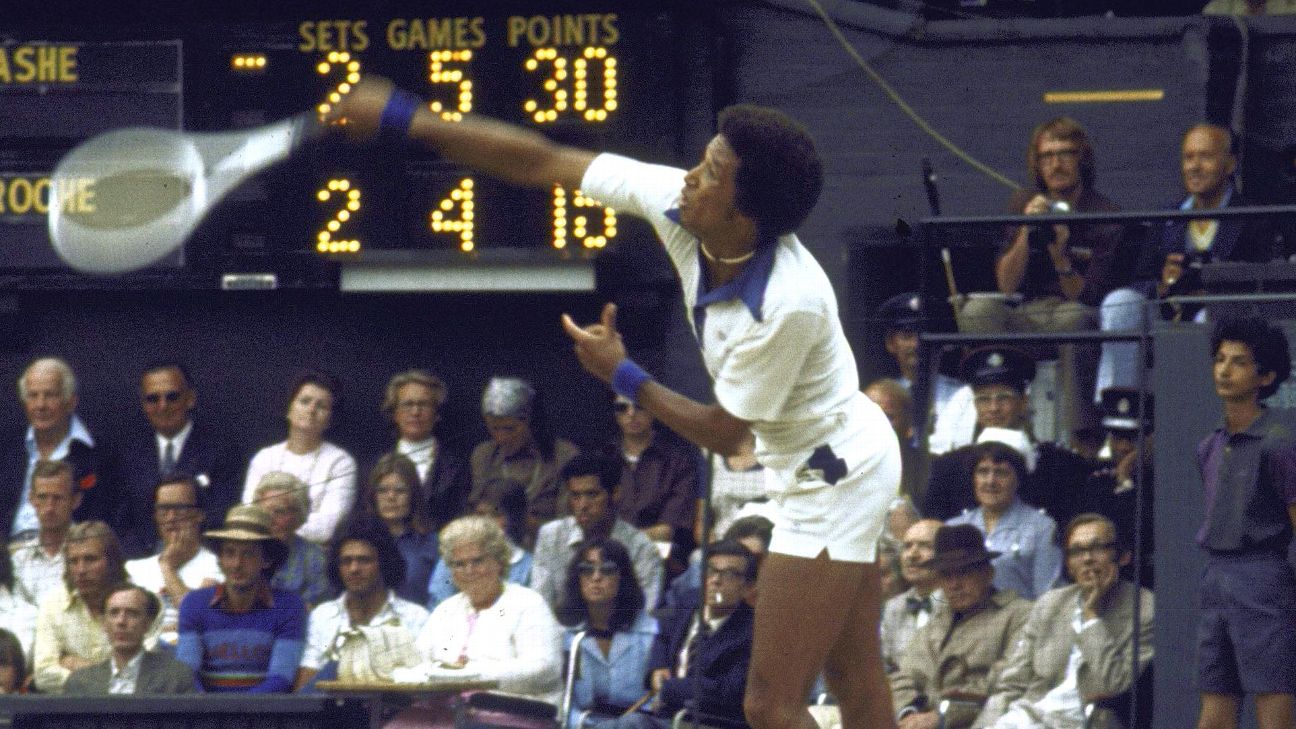Arthur Ashe's 1975 Wimbledon Triumph: A Legacy of Strategy and Inspiration
Reflecting on Arthur Ashe's historic 1975 Wimbledon victory, this article explores his strategic genius and lasting impact on tennis and beyond.

The Historic Match
On July 5, 1975, Arthur Ashe made history by becoming the first and only Black man to win the Wimbledon singles title. Facing defending champion Jimmy Connors, Ashe executed a masterful strategy that led to a stunning 6-1, 6-1, 5-7, 6-4 victory. This match is remembered not just for its result, but for the brilliance of Ashe's tactical play.
The Strategy
Ashe, known for his powerful game, completely altered his style to counter Connors' strengths. The night before the final, Ashe and his team devised a plan to neutralize Connors' ability to feed off power. Ashe employed soft shots, drop shots, and lobs, leaving Connors unable to generate his usual aggressive play.
Reflections from Tennis Legends
Richard Evans, a British journalist and Ashe's friend, recalls, "It was the most extraordinary Wimbledon final I've ever seen. Arthur understood how he had to play to beat Jimmy Connors, who at that time people thought was invincible."
Stan Smith, a former Wimbledon champion and Ashe's Davis Cup teammate, noted, "Jimmy was flying high, so that made what took place even more remarkable. Arthur's ability to implement that strategy was pretty amazing."
Chris Eubanks, a current pro and ESPN commentator, added, "Most players go out guns blazing, especially in a final. Arthur took a totally different approach."
Ashe's Legacy
Arthur Ashe's victory at Wimbledon was more than just a sporting achievement; it was a moment of profound cultural significance. Ashe, who passed away in 1993 due to AIDS-related pneumonia, left a legacy that extends beyond tennis. His humanitarian efforts, including his work against apartheid and his advocacy for AIDS awareness, continue to inspire.
The Impact on Tennis
Ashe's triumph paved the way for future generations of Black tennis players. His calm demeanor and strategic brilliance on the court set a standard for sportsmanship and excellence. As Eubanks reflected, "It's truly been an honor to be a part of that, to see the generations that have come after."
Conclusion
Arthur Ashe's 1975 Wimbledon victory remains a defining moment in tennis history. His strategic ingenuity, combined with his off-court activism, ensures that his legacy will endure for generations to come.































